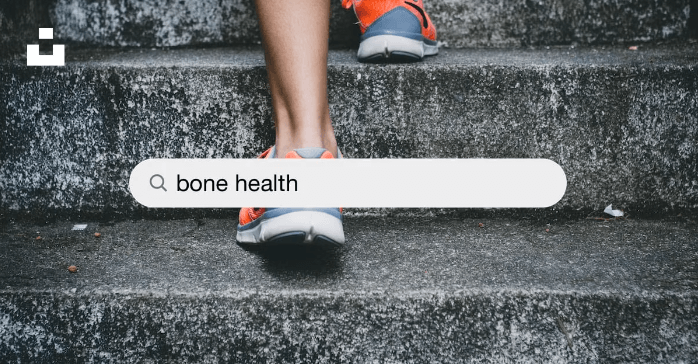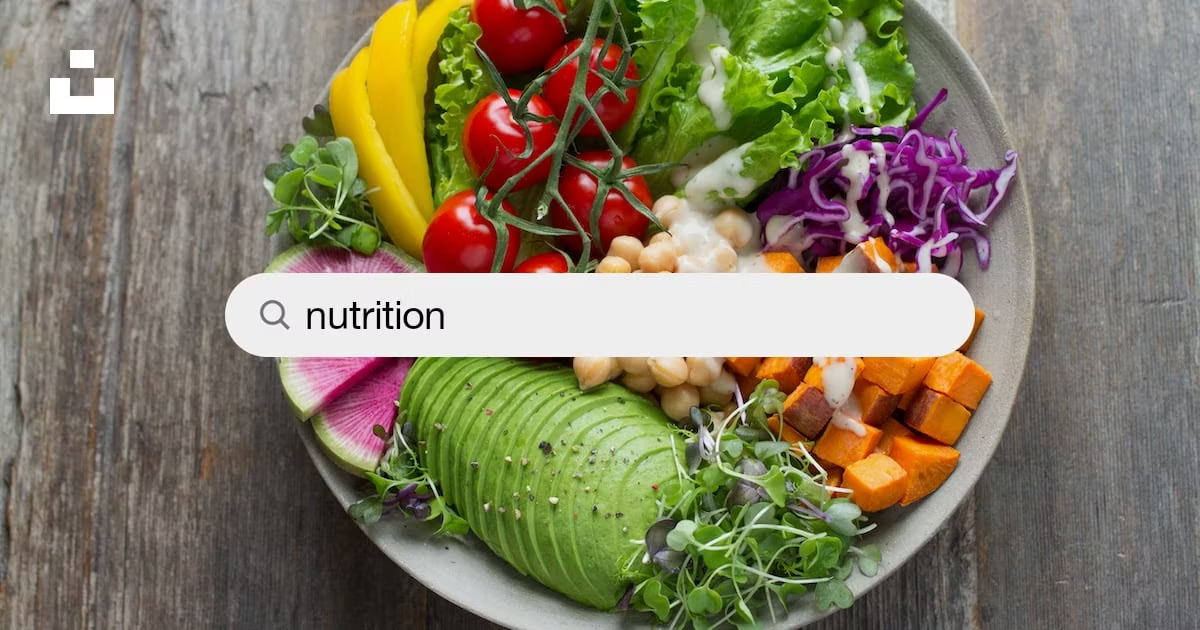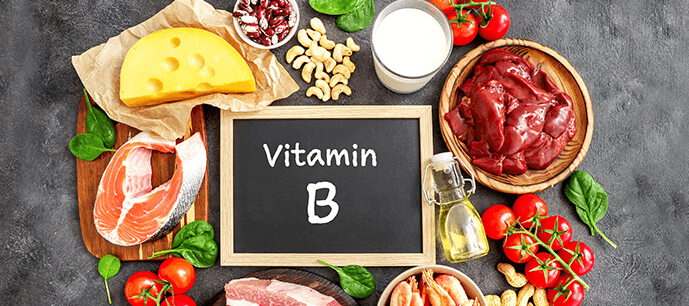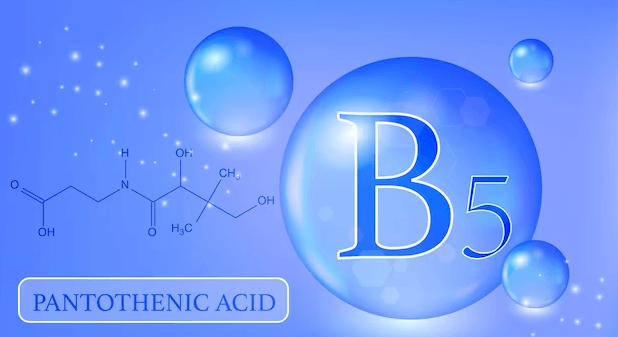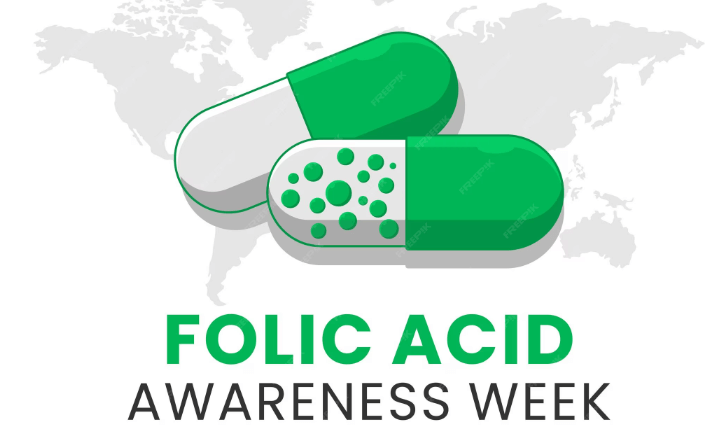Riboflavin Revelations: The Bright Impact of Vitamin B2 on Energy and Eyesight
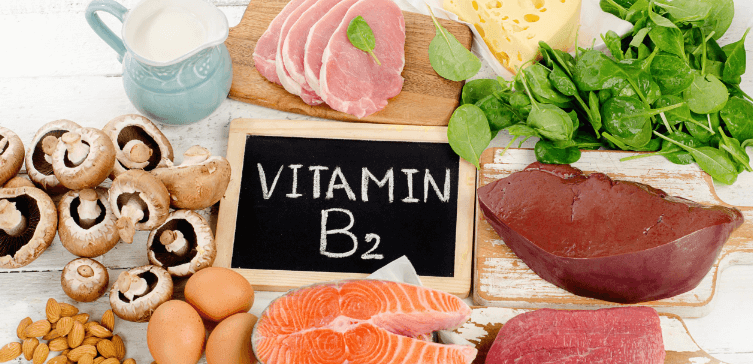
In a world obsessed with superfoods and wellness trends, itrsquo;s easy to overlook some of the essential vitamins that play a crucial role in our overall health. One such vitamin is riboflavin, also known as Vitamin B2. This unassuming nutrient has a bright impact on both our energy levels and eyesight, yet it often goes unnoticed. So, let’s peel back the layers and uncover the revelations surrounding riboflavin!
nbsp;
The role of Riboflavin in energy production
Riboflavin, as an essential component of the B-vitamin complex, is a key player in our bodies’ energy production. It acts as a coenzyme, meaning it assists various enzymes in their metabolic functions. One of its primary roles is to help convert the food we eat into energy. Without an adequate supply of riboflavin, our bodies would struggle to metabolize carbohydrates, fats, and proteins efficiently.
Additionally, riboflavin plays a crucial role in the electron transport chain, a process that occurs within our cells’ mitochondria. This chain is responsible for generating adenosine triphosphate (ATP), the molecule that serves as our bodies’ primary energy source. By actively participating in this process, riboflavin ensures that our cells have a steady supply of ATP to power their various functions.
Furthermore, riboflavin also acts as an antioxidant, protecting our cells from oxidative stress. It neutralizes harmful free radicals that can damage our DNA, proteins, and lipids, leading to fatigue and decreased energy levels. By maintaining a healthy balance of riboflavin in our bodies, we can optimize our energy production and keep fatigue at bay.
nbsp;
How Riboflavin supports healthy eyesight
Beyond its role in energy production, riboflavin has a profound effect on our eyesight. It is essential for maintaining good ocular health and supporting the function of our eyes. One of its key functions is to promote the production of glutathione, a powerful antioxidant that protects the lens and cornea from oxidative damage.
Moreover, riboflavin is crucial for the maintenance of the cornea, the clear outer layer of the eye. It helps in collagen synthesis, ensuring the cornea remains strong and resilient. Without sufficient riboflavin, the cornea may become weakened, leading to various eye conditions such as keratoconus, where the cornea progressively thins and bulges.
Riboflavin also plays a role in preventing age-related macular degeneration (AMD), a leading cause of vision loss in older adults. Studies have shown that riboflavin, when combined with other nutrients like zinc and antioxidants, can significantly reduce the risk of AMD progression. By incorporating riboflavin into your diet, you can protect your eyes and maintain good vision as you age.
nbsp;
Riboflavin deficiency symptoms and risks
Despite its importance, riboflavin deficiencies are not uncommon. Inadequate intake or impaired absorption of riboflavin can lead to various symptoms and health risks. Common signs of riboflavin deficiency include cracks and sores around the corners of the mouth, a swollen or sore tongue, and dry and itchy eyes.
In addition to these visible symptoms, riboflavin deficiency can also cause fatigue, weakness, and a general lack of energy. This is due to the impaired energy production caused by the insufficient supply of riboflavin. Other potential risks associated with riboflavin deficiency include an increased susceptibility to infections, impaired growth and development in children, and an elevated risk of certain chronic diseases.
It’s worth noting that certain factors can increase the risk of riboflavin deficiency. These include a poor diet lacking in riboflavin-rich foods, alcoholism, certain medical conditions that affect nutrient absorption, and the use of certain medications that interfere with riboflavin metabolism. If you suspect you may have a riboflavin deficiency, it’s essential to consult with a healthcare professional for proper diagnosis and treatment.
nbsp;
Food sources rich in Riboflavin
To ensure an adequate intake of riboflavin, it’s important to incorporate foods that are rich in this essential nutrient into your diet. Some of the best dietary sources of riboflavin include:
- Dairy products: Milk, cheese, and yogurt are excellent sources of riboflavin. Opt for low-fat or non-fat options to keep your overall calorie and fat intake in check.
- Lean meats: Beef, pork, and poultry are good sources of riboflavin. Choose lean cuts to limit your intake of saturated fats.
- Eggs: Both the yolk and the egg white contain riboflavin, making eggs a convenient and versatile choice.
- Leafy green vegetables: Spinach, kale, and broccoli are not only rich in vitamins and minerals but also contain significant amounts of riboflavin. Incorporate these greens into your salads, stir-fries, or smoothies.
- Legumes: Beans, lentils, and peas are not only a great source of plant-based protein but also provide a good amount of riboflavin.
- Nuts and seeds: Almonds, sunflower seeds, and flaxseeds are nutrient-dense snacks that also contribute to your riboflavin intake.
By including a variety of these riboflavin-rich foods in your diet, you can ensure that your body receives an adequate supply of this essential nutrient.
nbsp;
Riboflavin supplements and dosage recommendations
While a balanced diet should provide sufficient riboflavin for most individuals, certain circumstances may warrant the use of supplements. For individuals with specific dietary restrictions, such as vegans or those with limited food choices, riboflavin supplements can help bridge any nutritional gaps.
The recommended dietary allowance (RDA) for riboflavin varies depending on age, gender, and life stage. For adult men, the RDA is 1.3 milligrams (mg) per day, while adult women require slightly less at 1.1 mg per day. Pregnant and breastfeeding women have higher requirements, with an RDA of 1.4 mg and 1.6 mg, respectively.
When considering riboflavin supplementation, it’s crucial to consult with a healthcare professional to determine the appropriate dosage for your specific needs. They can assess your dietary intake, medical history, and any potential interactions with other medications you may be taking.
nbsp;
Riboflavin and its impact on athletic performance
Riboflavin’s role in energy production makes it particularly important for athletes and individuals engaging in regular physical activity. During exercise, our bodies require a higher supply of energy, and riboflavin plays a vital role in meeting these increased demands.
Research suggests that riboflavin supplementation may improve endurance performance by enhancing energy metabolism and reducing fatigue. It is believed to facilitate the transport of oxygen to the muscles, allowing for optimal energy production and delaying the onset of exhaustion.
While more research is needed to fully understand the extent of riboflavin’s impact on athletic performance, incorporating riboflavin-rich foods or considering supplements may prove beneficial for active individuals looking to optimize their energy levels and overall performance.
nbsp;
Riboflavin and its role in preventing migraines
Migraines are a debilitating neurological condition characterized by severe headaches, often accompanied by other symptoms such as nausea, sensitivity to light, and visual disturbances. While the exact cause of migraines is still not fully understood, research suggests that riboflavin may play a role in their prevention.
Studies have shown that riboflavin supplementation can reduce the frequency and severity of migraines in certain individuals. It is believed that riboflavin’s antioxidant properties help protect the cells in the brain and blood vessels from oxidative stress, which can trigger migraines.
If you suffer from migraines, it may be worth discussing riboflavin supplementation with your healthcare professional. They can assess your specific situation and determine if riboflavin could be a beneficial addition to your migraine prevention strategy.
nbsp;
Riboflavin and its potential benefits for skin health
In addition to its impact on energy production and eyesight, riboflavin may also contribute to healthy skin. This vitamin is involved in collagen production, a protein that provides structure and elasticity to the skin. By supporting collagen synthesis, riboflavin helps maintain the skin’s youthful appearance and may even aid in wound healing.
Furthermore, riboflavin’s antioxidant properties help protect the skin from oxidative damage caused by environmental factors such as UV radiation and pollution. By neutralizing free radicals, riboflavin can help prevent premature aging and promote overall skin health.
While riboflavin alone is unlikely to be a magic solution for all skin concerns, ensuring an adequate intake of this vitamin through a balanced diet or supplementation can contribute to a healthy and radiant complexion.
nbsp;
Conclusion: Harnessing the power of Riboflavin for overall well-being
Riboflavin, Vitamin B2, may not receive as much attention as some of the more popular superfoods, but its impact on our energy levels and eyesight is undeniable. By understanding the role of riboflavin in energy production and its support for healthy eyesight, we can make informed choices to ensure an adequate intake of this essential nutrient.
Whether through riboflavin-rich foods or supplements, incorporating this vitamin into our daily routine can have far-reaching benefits. From boosting energy levels and athletic performance to protecting against age-related macular degeneration and promoting skin health, riboflavin has a bright impact on our overall well-being.
So, let’s shine a light on riboflavin and harness its illuminating properties. By prioritizing riboflavin in our diets and embracing its potential, we can unlock the full potential of this unassuming yet extraordinary vitamin. Start your journey to better energy and eyesight today with riboflavin revelations!

















